In the August 4 edition of the NY Times Sunday Magazine, Heather Havrilesky “riffed” about the 1975 movie by Steven Spielberg called “Jaws” which has been credited with launching the obsession with summer blockbusters — namely because it was the first movie to make more than $100 million at the box office.
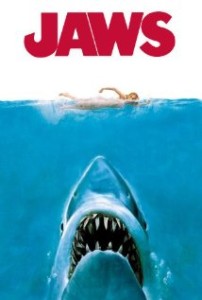
Ms. Havrilesky makes an interesting point:
As a business model, “Jaws” may well have upended the movie industry. Creatively, though, it’s increasingly strange to blame “Jaws” for spawning the modern blockbuster, given how little Steven Spielberg’s esoteric, character-driven story has in common with today’s action extravaganzas.
She says that compared with movies like “Pacific Rim,” “World War Z” and “White House Down,” “Jaws” is an art-house film. And a very good one: the film built suspense by focusing on what you couldn’t see more than on what you could. The young swimmer, up to her shoulders in murky water. A boy’s dangling legs, viewed from under the water. A swaying fishing boat, creaking eerily in the darkness.
Seems like these days we are relentlessly blasted with computer generated images that leave nothing to the imagination.
Directors today build suspense by incinerating the top two floors of the White House or by making a dino-alien lay waste to the Golden Gate Bridge. But seeing the Eiffel Tower blown to smithereens or watching the Statue of Liberty topple sideways doesn’t make people afraid of visiting national landmarks — it just trains them to yearn for even splashier C.G.I. effects next year.
**

Let’s fast forward to an interview with Harrison Ford that appeared in print in the NY Times Sunday Magazine a week later (“I hate it when they change stuff.”). He made an interesting remark about Comic-Con in response to discussion about the level of engagement.
“I think the success of Comic-Con is based on the partnership between the fans and the service providers, the entities — I won’t necessarily call them filmmakers — that supply the film product that supports their particular interest, whether it’s vampires or science-fiction fantasies or Transformers or whatever is going on.”
Mr. Ford makes a really good point — All this CGI-ness is delivering a service-oriented experience like amusement rides on the boardwalk do or eating out at a restaurant. For sure, “blockbusters” these days lack a commitment to storytelling or building suspense in an effort to drive a sort of cathartic breakthrough.
Strangely enough, I DO blame Spielberg for the move into the “service provider” direction. Remember the endless roller coaster scene in Indiana Jones (Temple of Doom)? How about the CGI dinosaurs from the first “Jurassic Park“? While hailed as a breakthrough, these dinos left nothing to the imagination. In fact, to this day, I’m still more frightened by Michael Crichton’s novel which contained descriptions that were disturbingly vivid in my mind’s eye.
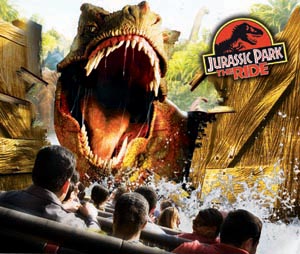
This whole service provider thing isn’t too far-fetched actually. It should be noted that Disneyland has an Indiana Jone Adventure, and Universal Studios has “Jurassic Park the Ride.”
What’s the point of this Sunday Rant er… Ponderable?
Back in June, during a panel discussion that took place at the University of Southern California as part of the festivities surrounding the official opening of the Interactive Media Building (part of the USC School of Cinematic Arts), Steven Speilberg and George Lucas offered their views on where the film industry is going.
Spielberg remarked:
We can’t expand the week. We can’t expand the 24-hour cycle. So we’re stuck with so many choices.” The enormous amount of available content has pushed movie studios to be more conservative, banking on the power of event films to break through the white noise of a crowded marketplace. “You’re at the point right now where a studio would rather invest $250 million in one film for a real shot at the brass ring,” he said, “than make a whole bunch of really interesting, deeply personal — and even maybe historical — projects that may get lost in the shuffle because there’s only 24 hours.”
Sounds, indeed, like a shift to service providing.
For George Lucas, the “service” is entertainment like going to a show on Broadway or attending a sporting event.
“What you’re going to end up with is fewer theaters,” he said. “Bigger theaters, with a lot of nice things. Going to the movies is going to cost you 50 bucks, maybe 100. Maybe 150.” It will be more in line with sporting events, with films playing in these high-end cinemas for as long as a year. “And that’s going to be what we call ‘the movie business.’ But everything else is going to look more like cable television on TiVo.”
So yeah, we are in the middle of a paradigm shift. Where will the true storytelling come from? Progressive content found on cable (Mad Men , Homeland, etc.) or Netflix (House of Cards, Orange Is the New Black )? Perhaps. But to be truly engaging… the formula for the 21st century has not yet been figured out. I say that as someone who’s been watching “Ray Donovan” wondering deep down inside, “why should I care about any of these people?”
I guess we can apply a throw-back phrase to the situation — “Stay tuned” for further developments.
##
For your viewing pleasure:
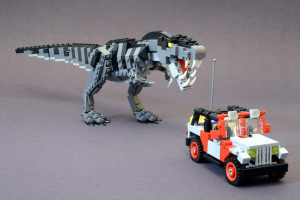
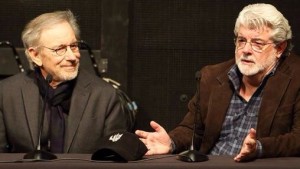

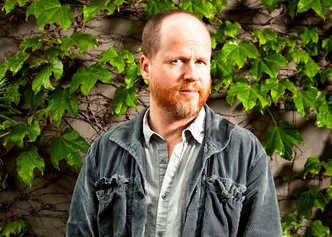




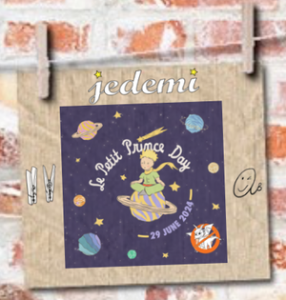
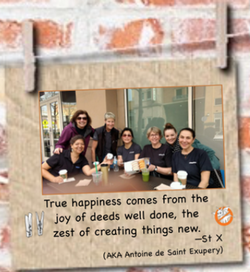
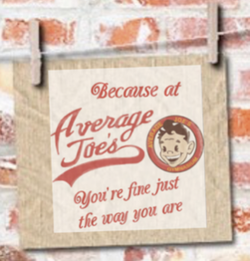




Speak Your Mind